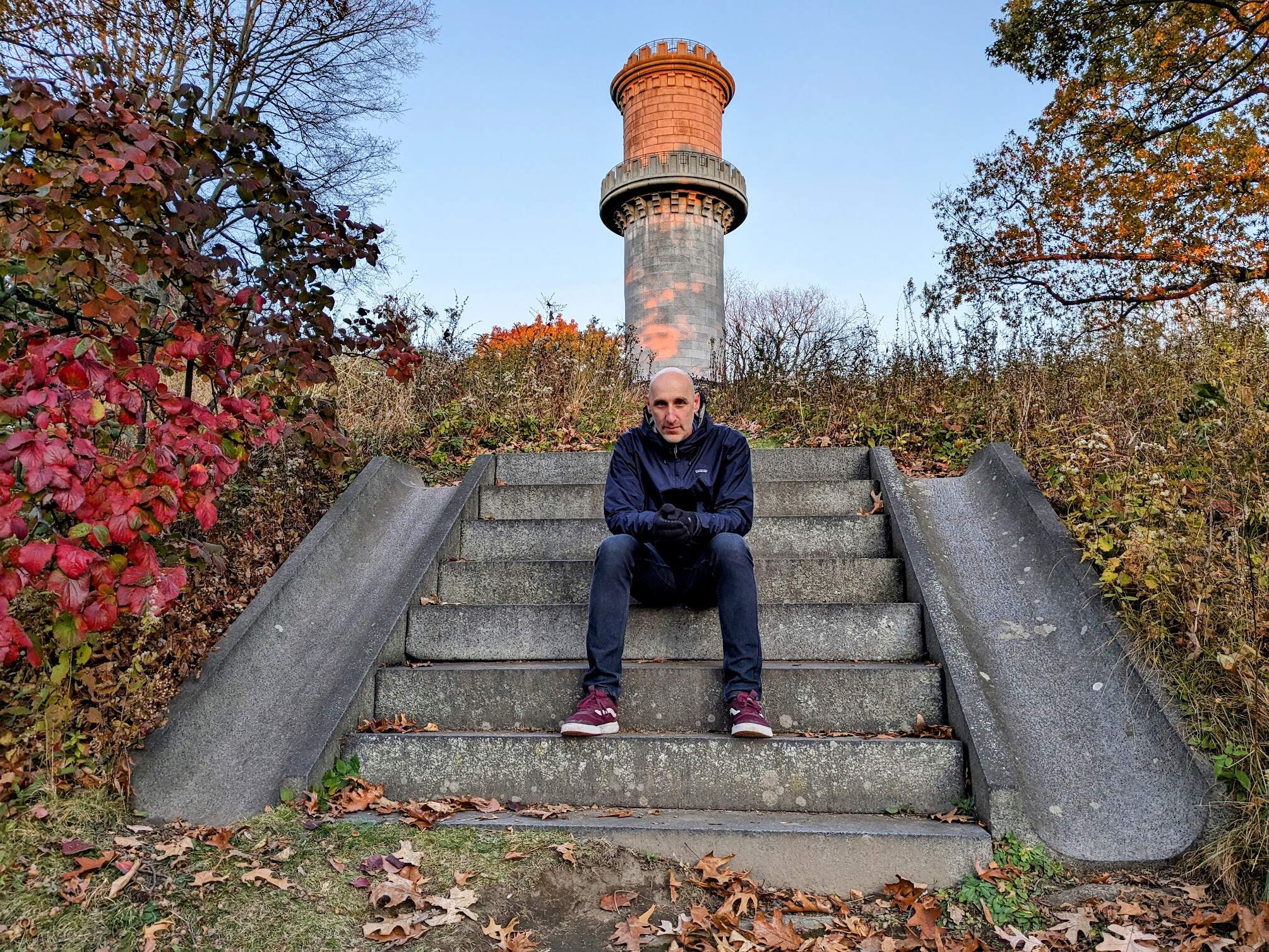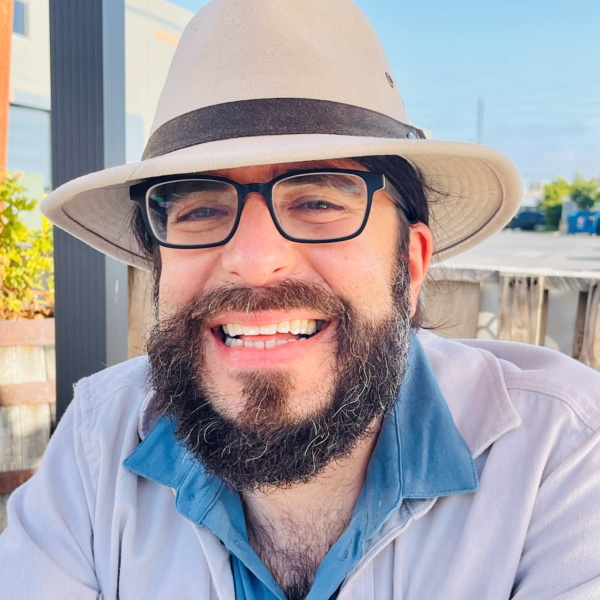Advertisement
How Jonestown's legacy inspired the music of Boston's Joel Roston

It’s common to hear political commentators dismissively complain that those with opposing viewpoints have “drunk the Kool-Aid.” It’s a reference to the massacre that took place in 1978 when more than 900 members of the Jim Jones-led Peoples Temple died in Jonestown, Guyana, many by drinking a cyanide-laced soft drink. Rep. Leo Ryan, who was conducting an investigation of the Temple, and several of his aides were shot and killed.
As part of his interest in the process of how society dehumanizes people, Boston composer/instrumentalist Joel Roston wondered what it was like for those who were personally impacted by the tragedy — people who lost family members, and then had to live with years of media coverage that portrayed Temple members as brainwashed cultists willing to do anything Jones asked of them.
“I started thinking about how we dehumanize different people, and I'm talking about all of us,” says Roston. “I'm talking about my friends othering people just for things that they believe. … But these particular people are dehumanized in a way where they are just without human agency. And that's crazy. And so I originally started reaching out to people to find out what it's like to be that person in our society?”
After speaking with about 20 people connected to Peoples Temple — most of them ex-members — Roston created "We’re Able (Forty Dialogic Valences)," a recording of 40 short compositions played on the electric guitar. Each piece represents an attempt at conversation. For example, “Valence 33” begins with a clear melody. “It feels like two people are talking and they start out in a place of understanding,” says Roston. “And then they understand each other less and less and less until you get to the end and it just sounds like everything is completely broken apart.”
One of the people Roston interviewed was Jordan Vilchez, whose family joined Peoples Temple when she was a teenager. Vilchez was part of the choir that sang on "He’s Able," an early 1970s Temple gospel album whose title inspired the name of Roston’s project. She was in Guyana’s capital Georgetown the day of the massacre, but lost her sisters and nephews.
Vilchez frequently writes about the Peoples Temple and has been interviewed by authors and filmmakers. She says it was “refreshing” to be part of a creative venture. “It was a really interesting approach,” she says.
She agrees with Roston that Peoples Temple members are often dehumanized as “unthinking zombies." “It’s gotten better — you can only go so far with a simple story — but the tendency is to see groups, and particularly the Temple scenario, as something that is removed from how humans live in everyday life, and I think it’s because people don’t want to see the ways in which they themselves might fit into those categories.”
In his conversations, Roston heard of the horrors of how Temple members lived and died, but also of how Jones had been a Bay Area civil rights pioneer who was praised by Harvey Milk and appointed chair of the San Francisco Housing Commission.
“What do we do with the fact that Jim Jones seemed to really, for whatever reason, in all of his incredible flaws, somewhere in there have a real interest in justice?” asks Roston. “That is, to me, the story of the Temple: justice-minded people trying to step outside of themselves in a way that made the world into the place that they were promised it could be, not realizing that they were transgressing. I think if you're looking for automatons that don't know how to think for themselves, I wouldn't start with a bunch of people who threw their lives into turmoil in order to pursue a commune of racial justice on another side of the world.”
The Peoples Temple massacre has fascinated artists for decades, says Fielding M. McGehee III, the principal researcher for the Jonestown Institute at San Diego State University. “It touches a lot of people at a subconscious level,” he says. “It raises basic questions of human existence, like how much autonomy can we surrender to someone else before we lose autonomy ourselves? What is it about the human condition that allows us to go down some of these roads and make some of the compromises we do? What does that say about all of our daily relationships?” Roston interviewed McGehee and his wife, Rebecca Moore, whose sisters died at Jonestown.
Roston sent Jordan Vilchez an advance copy of the record, which was released on March 1. She wrote back with her responses to all 40 compositions. “Interpreting a conversation that doesn’t have words but is just sound, and the ordering of the tones, the fluctuations, the cadence, was really interesting,” she says. “When people process the Temple experience through the lens of their given area of expertise, such as Joel’s work as a composer, there’s a way in which the work goes beyond a generalized interpretation or opinion, as is customary in analyzing the Temple, and moves into a humanizing and thoughtful inquiry.
Hearing such positive responses to his music from Peoples Temple members has been “really intense,” Roston says. “To have people tell me what this music means to them means that, to me, this album has been a success even before it’s been released.”
